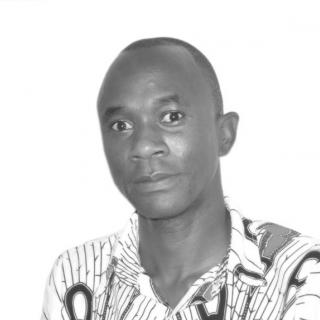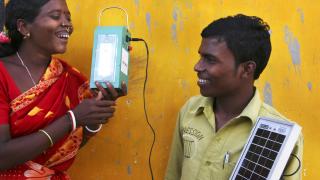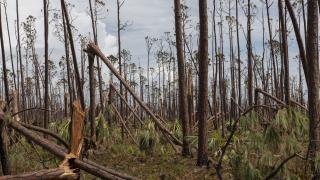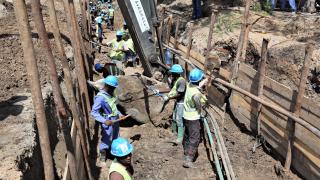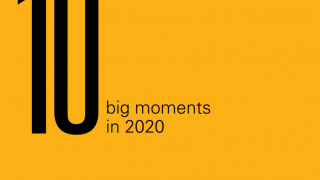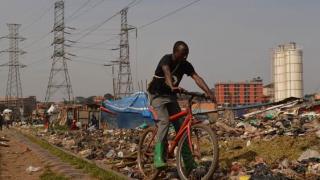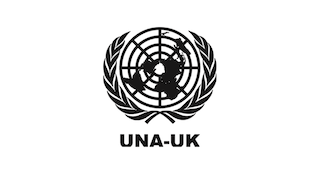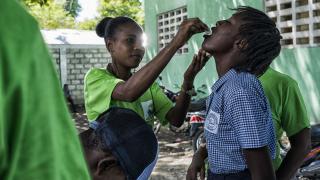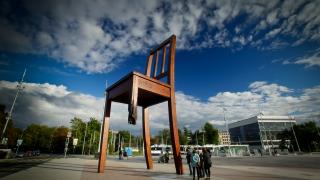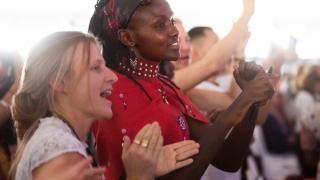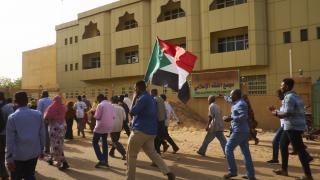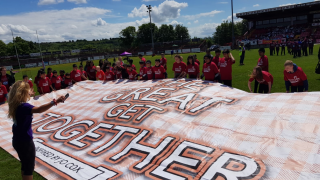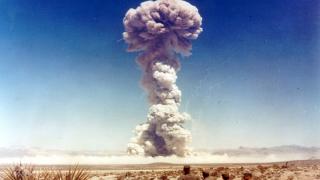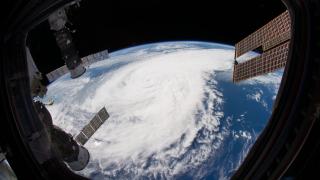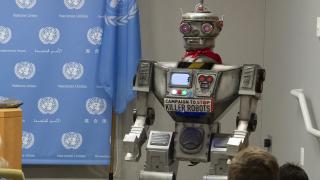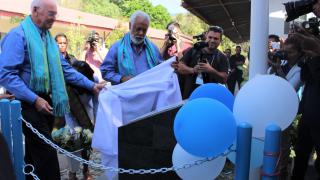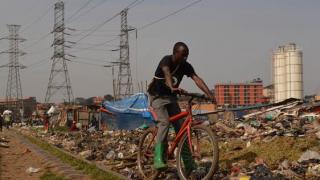
Fridays for Future is a global movement that enables young people to demand – collectively – an urgent response to the climate crisis. We are a generation that is witnessing the effects of the climate breaking down. We are also a generation that has the capacity to reverse these effects. We want individuals, corporations and our leaders to take action. We take to the streets every Friday because this fight must be brought to the streets. Everyone must act.
My typical friday
My typical Friday begins with preparing climate strike messages and moving to strike locations. My role as a coordinator is to ensure continuity of action, that we strike safely in public spaces and high-traffic streets, and that we do so in strategic locations. I take note and monitor public response and reactions towards our individual and group actions.
Some people are happy with what we are doing and give us support or join in. Others attempt to move us on, saying that police will come and arrest us. Then we have to look for another location.
Usually, after about 2–3 hours of action, we engage with the public about why we are striking and start conversations about the messages written on our placards. Many people confront us asking why we are striking. But others want to know more about our work. This approach allows us to share information.
At the end of the day I make climate strike action reports. We use them to monitor reaction and participation. We rely on what citizens are saying to improve on the way we communicate, mobilise and inspire action.
The effect on my education
I am managing to balance my activism and education, although it is challenging. My lecturers are complaining that I don’t attend class on Fridays. I always have to miss Friday group work meetings with my classmates. So I make sure I extend my reading hours and do my class work on time, usually in the night.
Yet despite missing class on Friday, my performance is excellent and soon I will be graduating with a degree in International Business from Kampala International University.
Fighting for climate action is shaping my learning too. Now I am focused on exploring sustainable business practices and have started to research the effect of imported plastics. And I believe that learning will improve my advocacy and understanding of climate issues. I am committed to continuing to learn.
The rest of my life
My life is devoted to activism. I am always out in different communities creating awareness about the climate crisis. This is important because we have to make people aware. Uganda, just like other sub-Saharan countries, is experiencing disastrous events like droughts, desertification, floods and storms. Increased global temperatures will cripple Uganda economically since we depend so much on agriculture. Climate change has caused social and economic suffering, as well as the breakdown of our diverse ecological system.
In addition to striking, I have started an initiative to increase digital attention towards the climate crisis through writing blogs. I have started a “war on plastic polluters” by noting down the names of every company whose plastic appears in our collections of litter from rivers and other water bodies.
What my friends think
Many of my friends have joined me in this struggle and many are now part of the Fridays For Future movement in Uganda. I visit many schools, universities and communities, making presentations about the climate crisis and through this I make a lot of friends.
However some people don’t get it. They think it is not a good idea to skip school for climate. They say I am wasting my time and pocket money with my activism work. But I will not give up. This is about our future.
Photo: The author cycles through Kampala City as part of his investigations into companies contributing to plastic waste. He conducts such patrols every weekend. © Nirere Sadrach/Fridays for Future – Uganda

